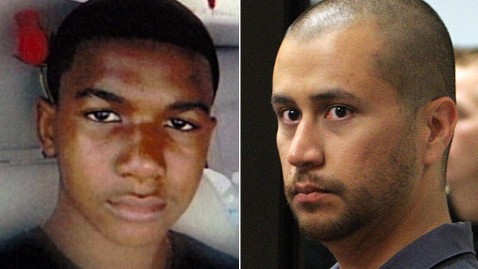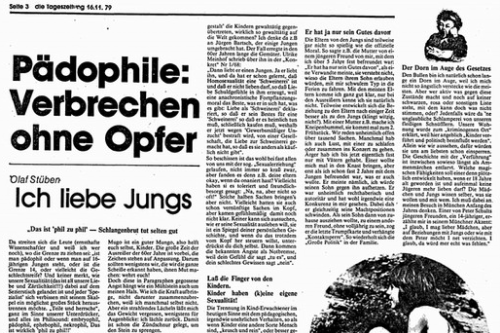Around Santa Fe we visited some rock art panels.
Here is Kokapelli aka The Water Sprinkler, mostly drawn, I suspect, by teenage boys.
Here is A Mayan Calendar, or maybe a Sun Wheel, or maybe a hubcap.
“This is clearly a Two-headed Whatsits.”
Another obvious Whatits, or perhaps a Je-ne-sais-pas.
Shall we dance?



















